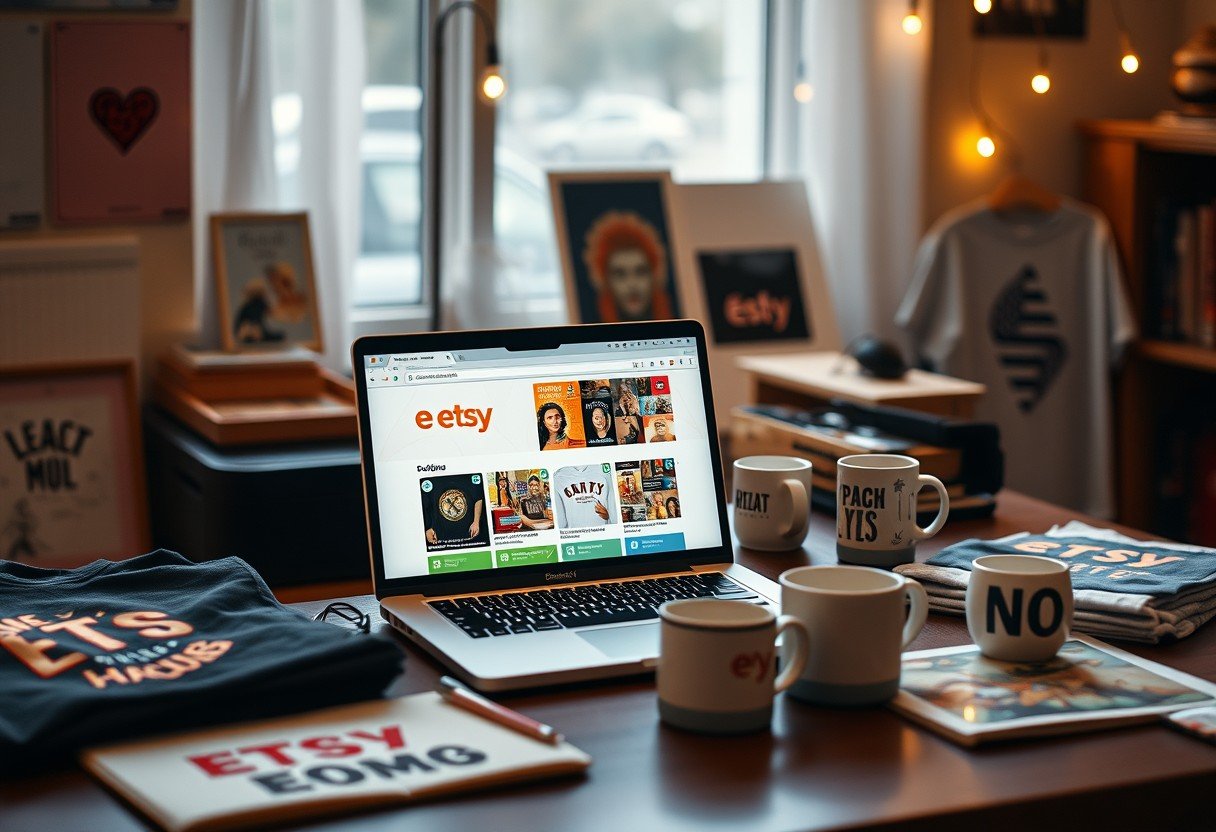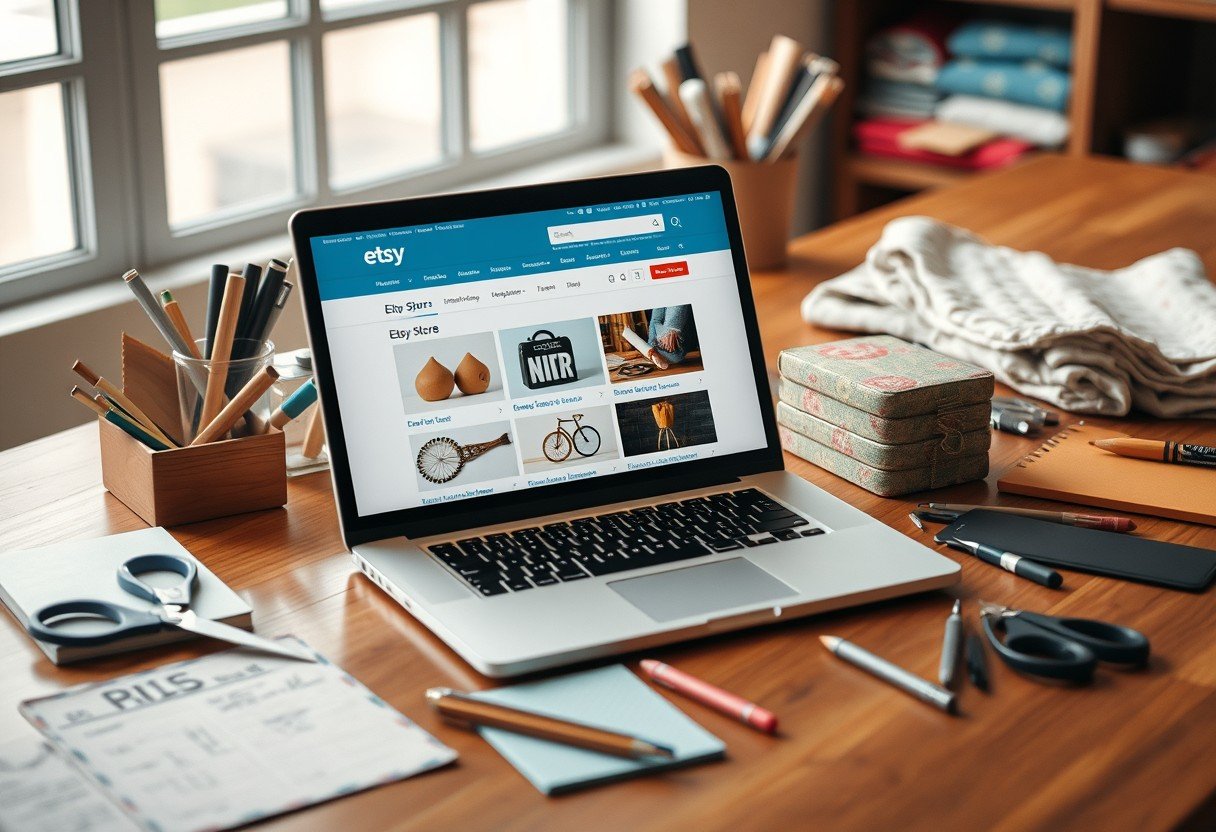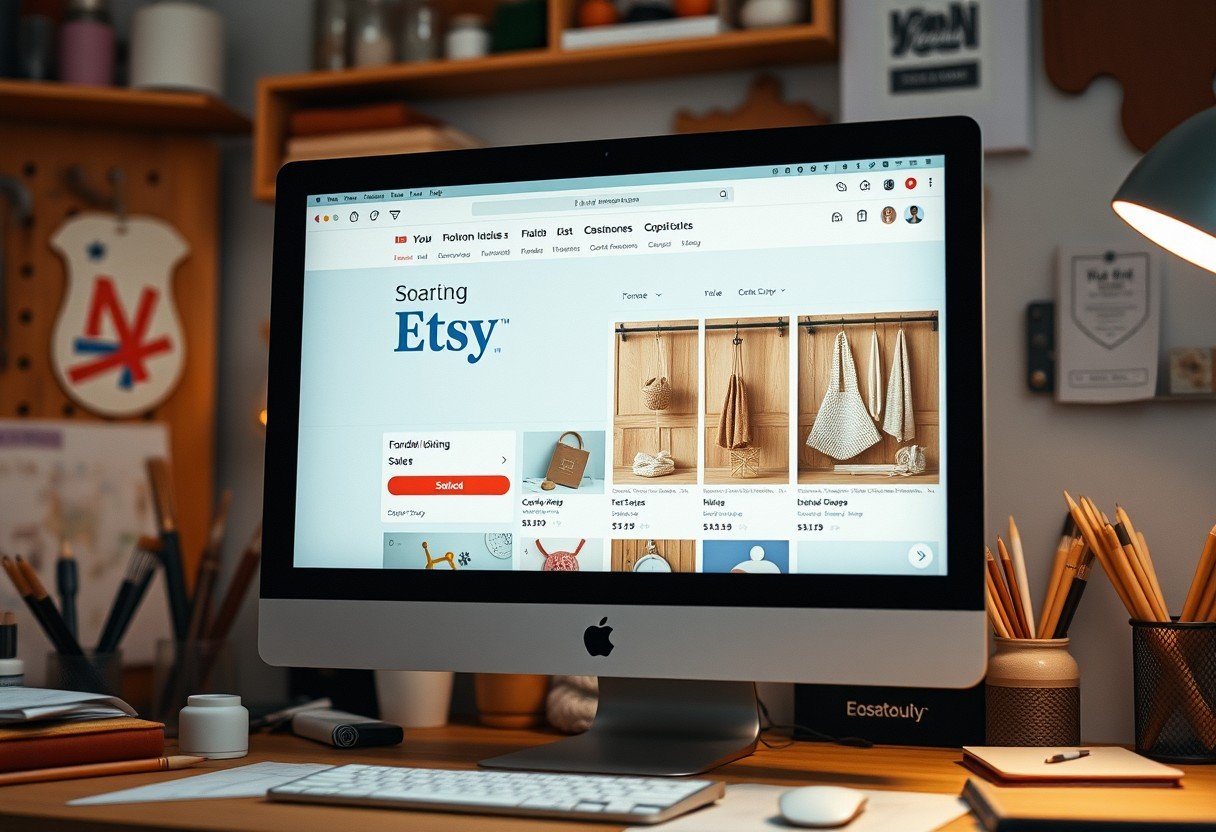Payment for podcast sponsorships can vary significantly, and understanding these financial dynamics is crucial for you as a podcaster looking to monetize your content. Factors such as audience size, engagement rates, and niche will influence how much you can expect from sponsors. In this post, we’ll break down the average rates for different types of ad placements and provide insights on how to maximize your earnings from podcast sponsorships. Whether you’re just starting or already established, knowing what to expect can help you negotiate better deals with potential sponsors.
Key Takeaways:
- Payment Models: Podcast sponsors typically use either CPM (cost per mille) or flat fees to determine payments, with CPM rates commonly ranging from $18 to $50 for a 30-second ad.
- Audience Size: The size and engagement of a podcast’s audience play a crucial role in determining sponsorship rates; larger, more engaged audiences often command higher fees.
- Niche and Demographics: High-value niches or target demographics can significantly influence pricing, as sponsors are willing to pay more to reach a specific audience.
- Ad Placement: The position of the advertisement within the episode (pre-roll, mid-roll, or post-roll) will also affect payment, with mid-roll slots typically earning the highest rates.
- Long-Term Partnerships: Building strong relationships with sponsors can lead to increased payments and opportunities for ongoing partnerships, fostering mutual growth.
Understanding Podcast Sponsorship
For those looking to monetize your podcast, understanding sponsorship is necessary. Podcast sponsorship involves partnering with brands or companies willing to pay for exposure to your audience. This relationship not only helps you generate revenue but also provides brands with a platform to reach potential customers in an engaged and meaningful way.
Types of Podcast Sponsorship
For podcasters, there are several types of sponsorship you should know:
- Host-read ads
- Pre-recorded spots
- Native advertising
- Branded content
- Affiliate partnerships
The right type of sponsorship can enhance your content while delivering value to your listeners.
| Type | Description |
| Host-read ads | Ads read by the podcaster during the episode. |
| Pre-recorded spots | Ads that are professionally recorded and inserted into episodes. |
| Native advertising | Sponsorship that blends seamlessly with content. |
| Branded content | Episodic content created around a brand’s narrative. |
| Affiliate partnerships | Collaborations with brands where you earn commissions on sales. |
Benefits of Podcast Sponsorship
Podcast sponsorship offers several advantages for both you and the sponsors involved. By partnering with brands, you can generate a steady income stream while also enriching your content. This collaboration often leads to sponsored content opportunities that keep your audience engaged and can enhance your show’s overall value.
Sponsorship not only boosts your revenue but also strengthens your relationship with your audience. By aligning with brands that resonate with your listeners, you create a win-win situation—your audience gains access to relevant products and services, while you enjoy financial support and potentially more opportunities for growth. This can lead to increased loyalty and a stronger community around your podcast.
Factors Influencing Sponsor Payments
You should be aware that several key factors influence how much sponsors are willing to pay for your podcast. These include:
- Your podcast’s audience size
- Demographics of your listeners
- The genre of your podcast
- The content quality
- Your engagement rates and listener loyalty
Any one of these elements can significantly sway the financial terms you negotiate with potential sponsors.
Audience Size and Demographics
Payments generally scale with the size of your audience. More listeners mean higher visibility for sponsors, which they value highly. Additionally, demographics such as age, gender, location, and interests play a crucial role, as sponsors often seek specific target audiences for effective marketing.
Podcast Genre and Content Quality
Content quality not only captivates your audience but also determines your appeal to potential sponsors. Genre can impact the type of sponsors interested in your show; for instance, tech podcasts may draw in companies in the tech industry, while lifestyle podcasts could attract brands from consumer goods.
Podcast content quality ties back to your storytelling skills, production values, and overall presentation. A well-produced podcast with engaging content can command higher sponsorship deals because it not only retains listeners but also fosters trust and credibility with audiences. Therefore, your commitment to high standards in content can enhance your podcast’s marketability and attract more lucrative sponsorship opportunities.
Payment Models for Sponsorships
Despite the growing popularity of podcasts, various payment models for sponsorships can confuse you. Understanding these models is crucial for leveraging potential revenue from your podcast. The most common models include Cost Per Thousand Impressions (CPM) and Flat Rate Sponsorships, each offering different structures and benefits tailored to your podcast’s audience and reach.
Cost Per Thousand Impressions (CPM)
Models like CPM charge sponsors based on the number of unique listens or impressions your podcast episodes receive. Typically, sponsors pay a fixed rate per 1,000 listeners, allowing you to estimate your earnings based on your current audience size. This performance-based approach ties your income directly to your podcast’s reach, encouraging you to grow your listener base.
Flat Rate Sponsorships
To simplify the sponsorship transaction, many podcasters opt for Flat Rate Sponsorships. In this model, you negotiate a fixed amount for a set number of episodes or a specific time period—regardless of the listener numbers. This predictable income can be beneficial for budgeting and planning purposes, giving you the stability you need as you focus on content creation.
Impressions matter, but with Flat Rate Sponsorships, you can prioritize strategic partnerships over fluctuating audience sizes. This method allows you to establish long-term relationships with sponsors who value your content and audience, often leading to more tailored and meaningful ad placements. If you have a loyal following, a flat rate can maximize your sponsorship revenue while simplifying your dealings with brands.
Negotiating Sponsorship Deals
After establishing a solid foundation with potential sponsors, the next step is to negotiate sponsorship deals. This process involves discussing terms, services, and compensation to ensure both parties achieve a beneficial agreement. Understanding the value of your podcast audience and content can greatly influence the outcome of negotiations, so come prepared to advocate for your worth as a creator.
Preparing for Negotiation
Sponsorship negotiations require thorough preparation to maximize your potential earnings. Begin by researching industry standards and having a clear understanding of your podcast’s metrics, such as listenership numbers and audience demographics. Create a list of what you bring to the table and what you expect from the partnership.
Tips for Successful Negotiation
An effective negotiation hinges on your ability to communicate value and come to a mutual understanding. Here are some tips to enhance your negotiation skills:
- Know your worth and be confident in your asks.
- Never rush; take your time to assess offers.
- Build a relationship with the sponsor for future opportunities.
- Be open to creative solutions to meet both parties’ needs.
- Follow up efficiently after meetings to keep momentum going.
Knowing these strategies can position you favorably in negotiations, ensuring you’re compensated fairly.
Another important facet of successful negotiations lies in maintaining flexibility and adaptability. Being open to different types of sponsorship arrangements can expand your options significantly. Consider these additional tips:
- Look for win-win solutions that benefit both parties.
- Ask for feedback or suggestions from the sponsor to engage them in the process.
- Set clear timelines for decision-making and follow up accordingly.
- Keep communication open and professional throughout the process.
- Document all agreements to avoid misunderstandings later on.
Knowing how to navigate these conversations effectively can lead to fruitful long-term partnerships.

Trends in Podcast Sponsorship Payments
Many podcasters are noticing significant shifts in sponsorship payment structures. As the medium continues to grow, sponsors are becoming more sophisticated in their approach. You may find that while traditional CPM models are still prevalent, there is a rising trend in performance-based payments, such as affiliate marketing, which could enhance your earning potential. Furthermore, niche markets are gaining traction, allowing for tailored sponsorships that can yield higher rates than broad-based campaigns.
Current Market Rates
Current sponsorship rates for podcasts typically range from $18 to $50 CPM (cost per mille), depending on your audience size and engagement levels. For instance, if your podcast garners a threshold of 10,000 downloads per episode, that translates to a potential income of $180 to $500 for a 30-second ad. As you grow your audience and improve your content, you may be able to command even higher rates.
Predictions for Future Growth
Predictions indicate robust growth in podcast sponsorship payments, driven by increasing overall listening numbers and more brands recognizing the medium’s unique advantages. As more businesses invest in audio advertising, you can expect greater competition among sponsors, leading to potentially higher payouts for your podcast. Advertisers are likely to pursue more integrated partnerships, focusing on long-term collaborations rather than one-off ads.
Payments in the future may not just be limited to traditional sponsorship models. Innovations in technology will likely pave the way for new compensation methods, such as dynamic ad insertion and higher affiliate revenue shares. This evolution will allow you to leverage your podcast’s influence and reach, thus maximizing your revenue opportunities as the podcasting landscape continues to evolve.
Best Practices for Securing Sponsors
All podcast creators looking to monetize their craft should focus on building strong relationships with potential sponsors. Understanding your niche, providing value, and maintaining consistent communication can significantly enhance your chances of securing lucrative sponsorships. Tailoring your approach to align with the sponsor’s goals can also yield successful collaborations.
Building an Engaged Audience
Any podcast’s attractiveness to sponsors largely hinges on the size and engagement level of your audience. Focus on creating high-quality content that resonates with your listeners, as this will help you attract a dedicated following. Encouraging feedback, fostering community interactions, and actively promoting your podcast across social media platforms can further strengthen listener loyalty and engagement.
Crafting a Compelling Pitch
Practices that lead to a successful pitch include showcasing your podcast’s unique value proposition and the demographics of your audience. You should present clear data regarding your listener base, as well as how sponsoring your podcast can benefit the potential sponsor’s brand.
It’s vital to create a pitch that not only highlights your podcast’s strengths but also aligns with the sponsor’s objectives. Begin with a concise introduction, summarize your podcast’s unique qualities, and detail how a partnership can maximize exposure for their brand. Incorporate audience insights, such as listener demographics and engagement statistics, to paint a compelling picture of the potential return on investment. Tailor your pitch to meet each sponsor’s needs, showcasing different tiers of sponsorship options to create a win-win scenario.
Final Words
Considering all points, understanding how much podcast sponsors pay can greatly enhance your ability to monetize your podcast effectively. Sponsorship rates can vary based on factors like audience size, niche, and engagement levels. By focusing on building a dedicated listener base and aligning with brands that resonate with your content, you can ultimately increase your earning potential. Stay informed about industry standards and continuously refine your approach to attract lucrative sponsorship deals.
FAQ
Q: How much do podcast sponsors typically pay?
A: Podcast sponsorship rates can vary widely based on several factors, including the podcast’s audience size, niche, and engagement levels. On average, sponsors might pay between $18 to $50 per 1,000 downloads for a 30-second ad spot, and from $25 to $75 for a 60-second ad. Larger, more popular podcasts can command much higher rates, potentially earning thousands of dollars per episode.
Q: What factors influence podcast sponsorship rates?
A: Several factors influence sponsorship rates, including the podcast’s download metrics, audience demographics, niche market appeal, and overall engagement (such as listener feedback and social media interactions). Additionally, the podcast’s production quality and host personality can also affect how much sponsors are willing to pay for ad spots.
Q: Are there different types of sponsorship deals?
A: Yes, there are several types of sponsorship deals in podcasting. These can range from host-read ads, where the podcaster reads the ad themselves, to pre-recorded spots inserted into the episode. Sponsorship can also encompass exclusive sponsorships, where a brand sponsors an entire episode or series, or affiliate partnerships, where hosts earn commissions based on sales generated through their podcast.
Q: Can smaller podcasts find sponsors, or are they limited to larger shows?
A: Smaller podcasts can absolutely find sponsors, although the rates might be lower compared to larger shows. Niche markets can be particularly appealing to small podcasts because they offer targeted advertising opportunities. Additionally, small podcasts might focus on building strong listener engagement to attract sponsors over time. Micro-sponsorships or partnerships with local businesses can also be effective for smaller shows.
Q: How do podcasts measure their audience for sponsorship?
A: Podcasts typically measure their audience through metrics like total downloads, unique listeners, and episode listen-through rates. Many podcasts use hosting platforms that track these metrics, which can then be shared with potential sponsors. Additionally, some statements can include audience demographics, listener engagement metrics, and social media following to provide a more complete picture of the podcast’s reach and effectiveness to advertisers.








Leave a Comment